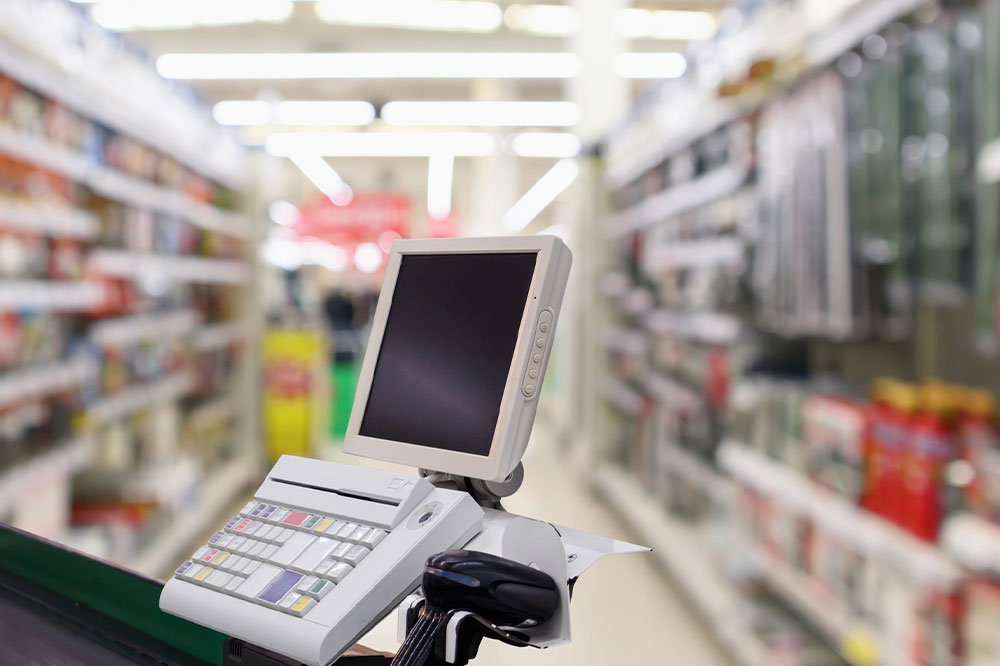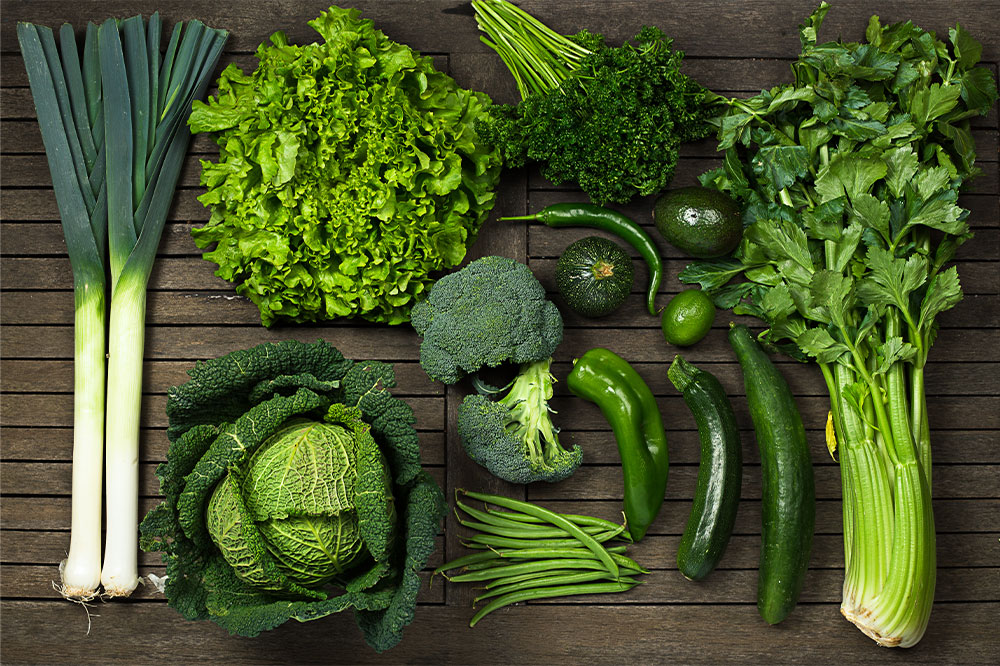9 best POS systems for small businesses

A POS (point-of-sale) system is used in retail stores to manage transactions. Earlier, POS systems were fairly simple and would generally only include cash registers. However, with the advancement of technology, these systems now also include a combination of hardware and software, such as barcode scanners, card readers, cash drawers, and receipt printers. Some simple POS systems can include as little as a credit card scanner connected to a tablet.
What does a POS system do?
Scans items with ease
When a customer decides to make a purchase at a physical store, a POS system can assist in completing the transaction. This may occur via a sales associate who uses a barcode scanner to look up the item’s price or using a scanner via your phone camera. When shopping online, adding items to the cart initiates the purchase process.
Calculates the price of the item
The POS also calculates the final price of the item, including any discounts, offers, or taxes to be added. It then digitally updates your inventory to mark the item as sold.
Allows multiple payment options
Next, it is time to make the payment. Depending on the POS used, customers can use their credit card, tap card, debit card, loyalty points, gift card, or cash to pay.
Finalizes the transaction
Once the payment has been made, the sale is considered final. A digital or printed receipt is generated and shared with the customer to mark this transaction.
What are the best POS systems currently in the market for small businesses?
POS systems are an all-in-one solution to help you manage your business and get better insights from any location. Here are some popular POS systems to choose from:
Clover POS
Clover is one of the best POS systems with a wide variety of hardware options. This makes it ideal for e-commerce stores and restaurants looking for a huge selection of POS hardware. Thanks to its intuitive interface, this system is easy to set up and use, as everything syncs with the Clover dashboard. Businesses looking for something minimal can begin with their Clover Go card reader and expand their collection depending on their future requirements.
You can use Clover to manage employees and customers, track inventory, create reports, and even offer installment payments to expand your customer base.
Toast
Toast offers the best POS solution for restaurants of all sizes. This all-in-one platform allows you to accept and track sales, manage marketing operations and restaurant sales, process debit and credit card transactions, make contactless payments, schedule employees, and open up avenues for ordering online. Depending on the scale of your business, you can choose one of their plans that supports your ordering and delivery options based on your needs.
Lightspeed
This POS system is made for retail businesses, with attractive features such as advanced loyalty, inventory management, and more. This system allows users to set up an online shop, sell products on social media, and run multiple stores from one dashboard. The company offers four tiered plans so that you can invest in one based on your requirements!
TouchBistro
TouchBistro is another top-notch POS option for people in the restaurant industry. It can help you transform your guest experience with tools such as tableside and self-service ordering, inventory management features, online reservation and ordering facilities, gift cards, loyalty programs, and more. TouchBistro is mobile and tablet-friendly and supports third-party hardware such as barcode scanners, cash drawers, and printer receipts. Their system can also be used to manage staff by assigning roles, tracking attendance and performance, and maintaining individual employee profiles.
Square POS
For brick-and-mortar stores, a POS system like Square would be ideal. One of the most affordable payment processors on the market right now, they do not charge a flat rate for their service. Instead, Square charges a transaction fee of 2.6% plus 10 cents for in-person sales and 2.9% plus 30 cents for online sales. This makes it ideal for new or small businesses with a lower sales volume.
Square has also translated all its hardware and software features into Spanish to make it more accessible to large sections of the country’s population.
Upserve
Upserve is the best POS system for smaller restaurants such as coffee shops, cafes, delis, and bakeries. They offer inventory management features such as vendor management, one-click purchasing, low-inventory alerts, and customization options like commission-free online ordering, gift card features, and customer reporting. Depending on the scale of your business, you can choose from one of Upserve’s three-tiered business plans.
Epos Now
The Epos Now system is one of the easiest to use and is ideal for businesses with high employee turnover. Businesses can add hardware options such as a touch screen POS system, handheld POS option, receipt printers, cash drawers, and more, to create a flexible and customized solution at an affordable price. It also integrates well with third-party products.
Lavu
Lavu is one of the best POS solutions for affordable customizations, as it offers you over 300 features to choose from, including terminals, kitchen display systems, cash drawers, networking devices, and more. In addition to its in-house payment option, it also supports several third-party payment processors such as PayPal, Heartland, BridgePay, and Square.
Helcim POS
If you are looking for a POS system that offers transparent pricing and does not charge monthly or hidden fees, Helcim is the ideal option for you. The system offers competitive pricing for small businesses and does not require entering into a contract or paying monthly fees. They charge an average processing fee of 1.92% plus 8 cents per in-person sale and 2.38% plus 25 cents for every online sale. It also offers features such as merchant accounts, multiple hardware options, hosted payment pages for customers (to log in and set up recurring billing), a mobile app, and POS software.
Choosing the ideal POS system for your business depends on the industry you are in, the scale of your business, and your modus operandi.







